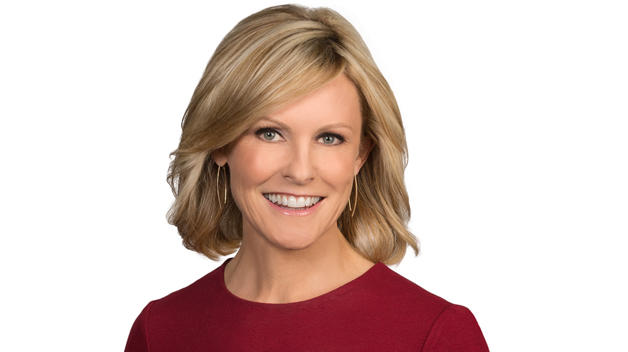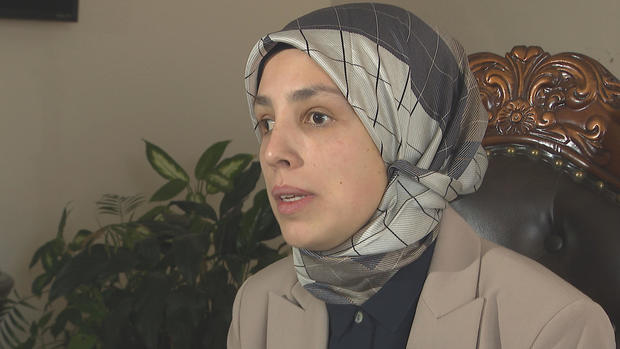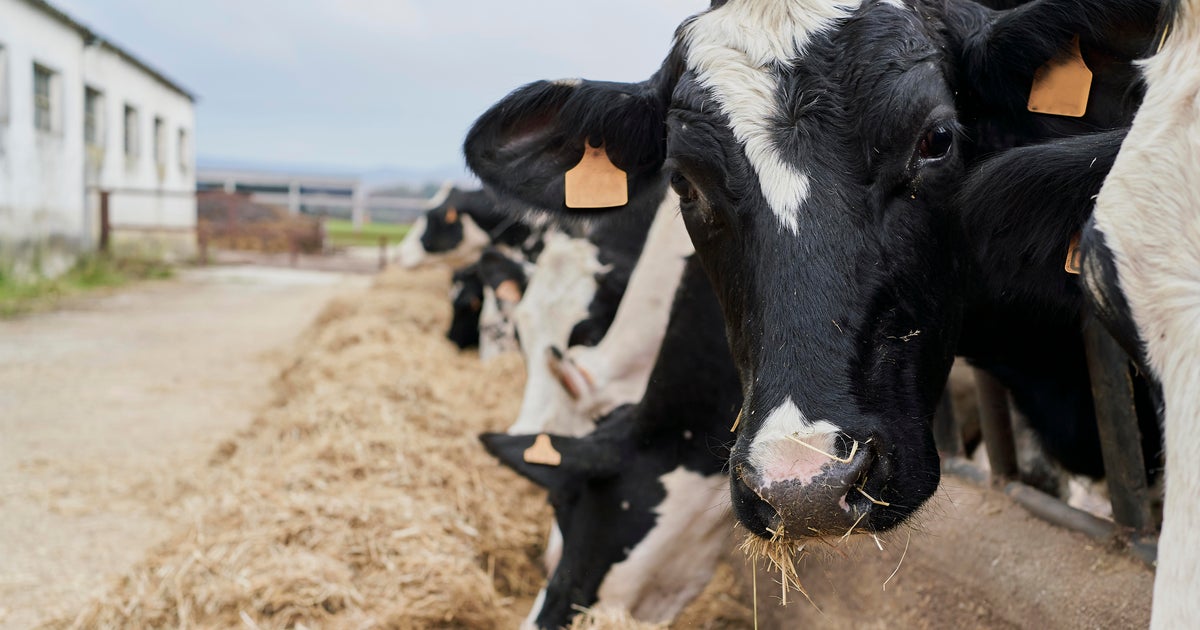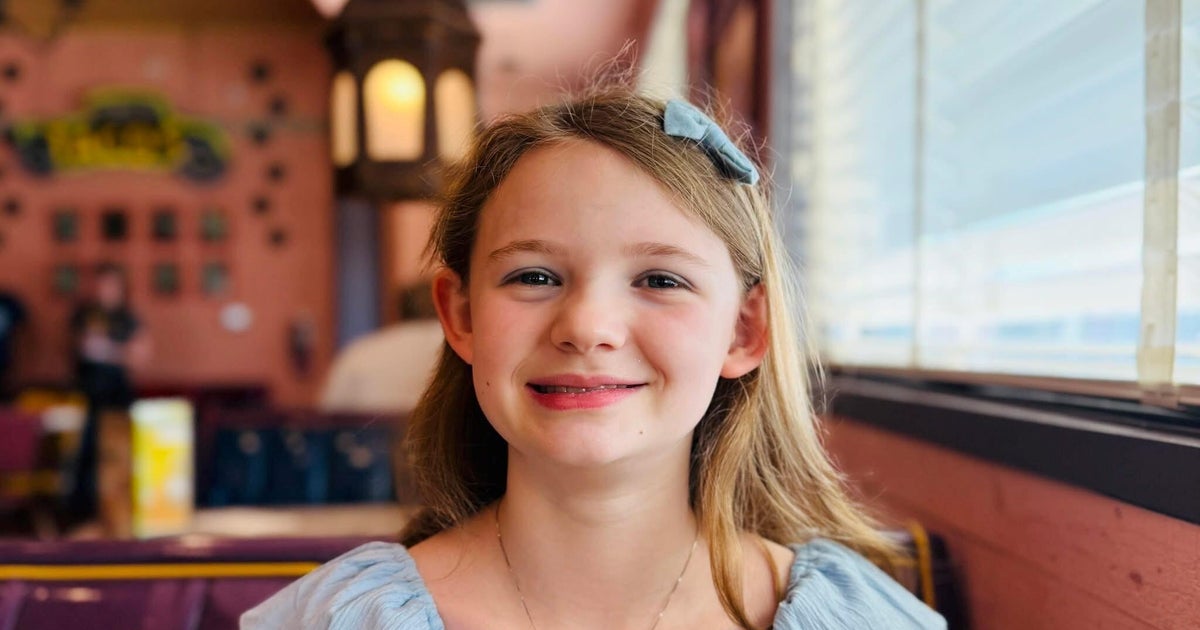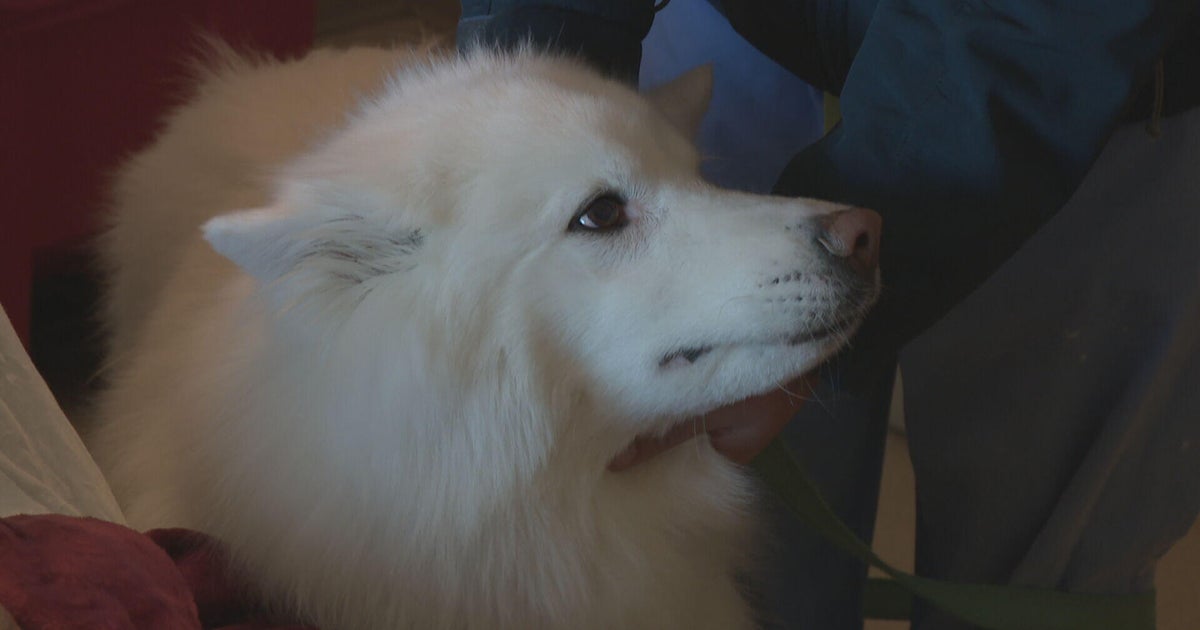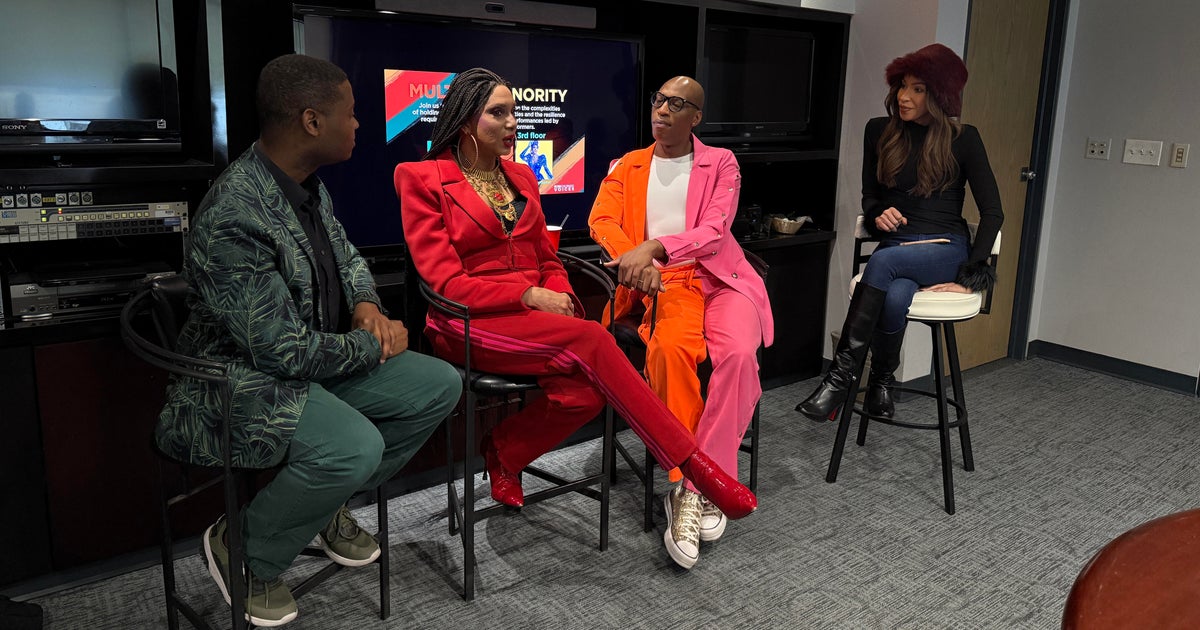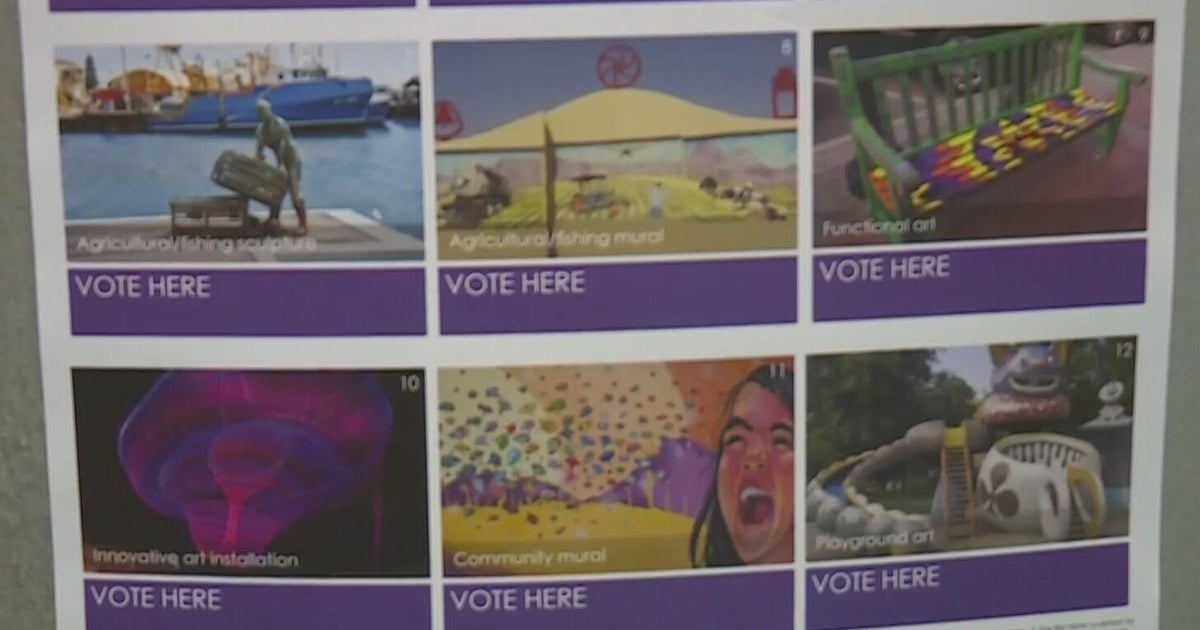State Department's Sara Minkara is challenging attitudes and assumptions about people with disabilities
BOSTON - Sara Minkara starts every meeting, whether with a head of state or a business leader, with a personal question: who are you outside of work? It's not small talk, but a way for the Special Advisor on International Disability Rights to learn about the other person's interests, goals, and family life. Connecting on a more personal, a more human level, leads to a mutual understanding.
She says, from that starting point, they can talk about difficult or sensitive issues and enables Minkara to explain a universal truth; that people with disabilities want what everyone wants, to be seen, heard and valued. "The system does not see our value. Until we are seen from a point of value, we're never going to be fully included," she explained before a Friday prayer service at the Islamic Center of New England in Quincy. Minkara and her family attended the mosque while she was growing up in Hingham. While she now lives in Washington, DC, she returns home whenever possible to spend time with her family.
Minkara's busy schedule makes those South Shore visits less frequent right now. In her role as the highest-ranking State Department employee on disabilities, she meets with leaders in countries all over the world to discuss policies of access and inclusion. (She described one overseas trip in which she had 40 meetings in less than four days.) She speaks English, Arabic and Spanish.
Minkara lost her vision at seven years old as a result of juvenile macular degeneration. She bristles at the notion that "disability" is a negative word with negative connotation. Rather, she says, it's time for people to reconsider how they think about people with disabilities and adjust their assumptions to meet the reality, that a disability doesn't impair or impede creativity, problem-solving, leadership skills or innovation. "The common narrative is that 'I feel bad for them.' They're suffering. They're struggling. They need help. 'I'm grateful I don't have that.' Or by contrast, inspiration porn. 'They're so amazing!' Why? Because I'm living my life? Disability is not yet normalized," she said.
She insists that normalizing disability would benefit everyone. "We cannot achieve full peace and prosperity and security, as a society, as a community, without including everyone. When we're not including people with disabilities in our economy, our GDP is impacted... there's a statistic, up to 7%. I think it's a bit more than that. But let's stick to that 7%. That's pretty huge."
By not recognizing what we lose, in value, by marginalizing people with disabilities, we miss out on contributions that could strengthen our economy. Minkara's goal, in the United States and around the world, is to ensure that people with disabilities are also included in diversity, equity and inclusion initiatives and fully integrated in schools and workplaces. She says policies are critical. So is changing the narrative. That shift, she says, creates empowerment and allies. Minkara also envisions engaging the media and entertainment industry more intentionally. The more accurately people with disabilities are portrayed in arts and popular culture, the more quickly outdated (and unhelpful) stereotypes can fall.
Minkara seems born for the role to which President Biden appointed her in 2021. But she laughs at this notion. "I was more the nerdy math child... I never thought I'd be entering this world of foreign policy, diplomacy, and disability inclusion," she said. But at Wellesley College, during her sophomore year, Minkara founded a non-profit called Empowerment Through Integration. With funding from The Clinton Foundation, she ran an inclusive summer camp in her parents' native Lebanon. She says it was impactful for the community, the families and for herself. "It was the first time I told myself that I was proud to be blind. I think that was the starting point of that journey entering the world of disability inclusion. I was given the privilege, and it shouldn't be a privilege, of being seen and heard by my family and to achieve my full potential. But that's not the reality for most kids with disabilities," she said.
While she was an intern in Washington, DC, a friend introduced her to disability rights activist Judy Heumann. Heumann, who died last month, became Minkara's friend and mentor and the nation's first Special Advisor for International Disability Rights. Her friendship had a lasting impact on Minkara.
After graduating from Wellesley College, she attended the Kennedy School of Government at Harvard University. She was running her consulting firm in Hingham during the pandemic when she received the call that she had been appointed to assume the Special Advisor's position. With her friend and Special Assistant Hanah Nasri, Minkara is challenging attitudes and assumptions. "Let's try to delay some of those assumptions and replace it with one assumption," she said. "That this person in front of you has something beautiful to contribute."
